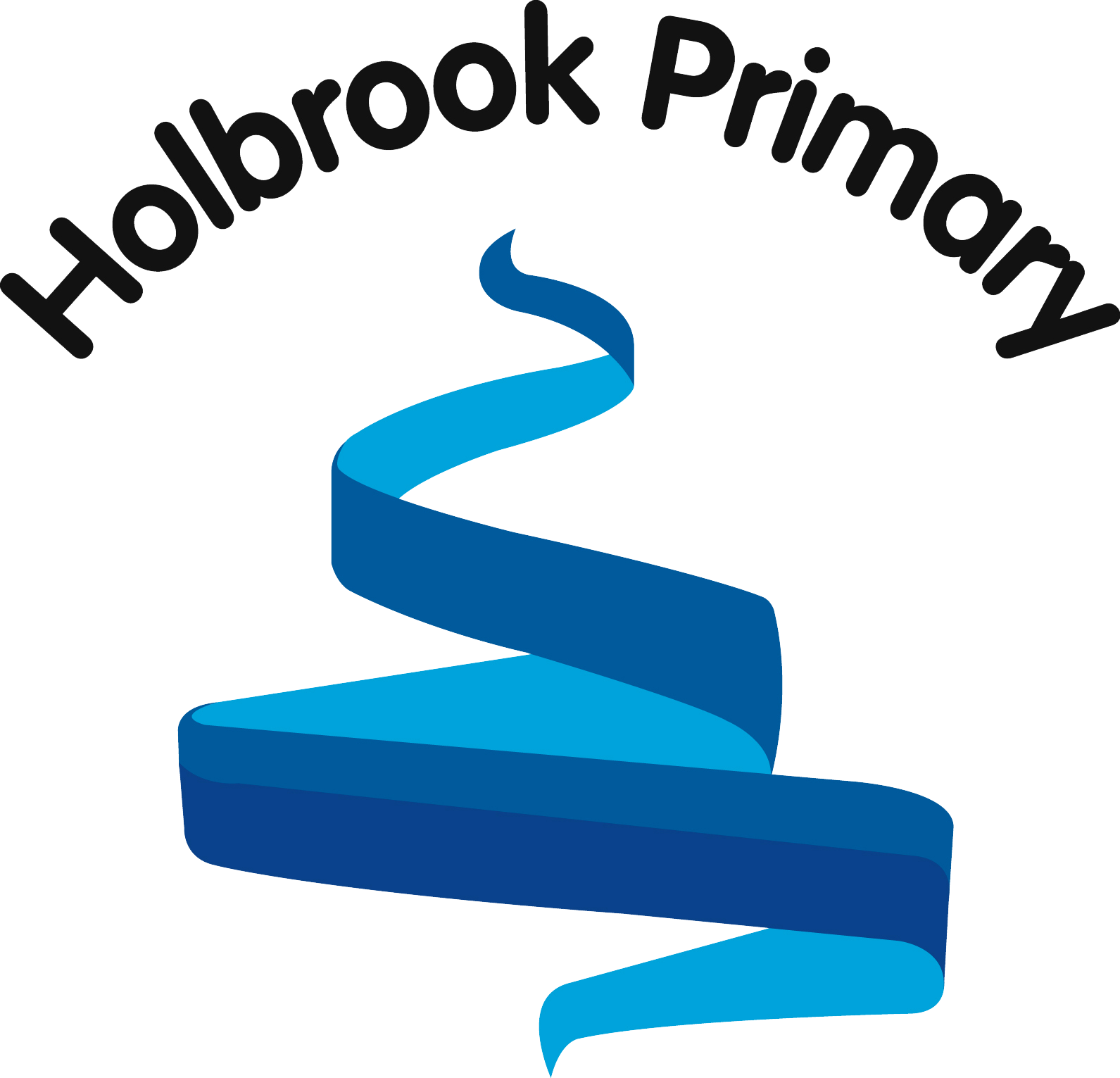Maths Long Term Plan
The way we teach Maths at Holbrook
At Holbrook, we intend for pupils to be confident, fluent, curious, resilient, independent and articulate mathematicians who have fully mastered the curriculum demonstrating this by applying their learning in different ways. In providing the curriculum, we ensure a balanced diet of fluency, reasoning, problem solving and challenge for all.
Fluency and Conceptual Understanding
The National Curriculum is prescriptive in the number and calculation skills to be learnt for each year group. For the vast majority of children, they are expected to study the objectives that match their age. At Holbrook, we utilise White Rose Maths resources to support staff with the planning and teaching of maths. These resources ensure children learn fluency skills then apply these skills to reasoning and problem solving. Strands of maths are delivered in blocks to ensure depth and mastery of each maths area of learning. This allows children to learn, consolidate and apply their maths learning in different ways. Teachers welcome mistakes made by children and use these as learning opportunities for all.
CPA
Throughout school, teachers are empowered to plan the learning of new concepts through a CPA (concrete, pictorial, abstract) approach. Each year group follows a CPA progression pathway for number devised by the Holbrook maths team based on a particular piece of equipment. For example, in year two where children manipulate base ten equipment in order to add and subtract, then progress on to drawing base ten using lines and dots before calculating mentally. Teachers have also been trained to carefully select other equipment where learning can be applied giving breadth and depth leading to mastery. All children, regardless of ability, are encouraged to use equipment when learning a new maths concept, this allows all children to demonstrate their conceptual understanding. Children are not taught pencil and paper ‘tricks’ to progress faster. As emphasis on the use of practical activities to secure conceptual understanding is imperative.
Reasoning and Language
At Holbrook, we promote talk and expect children to openly discuss their learning. Teachers value pupils’ oral contributions and create an ethos in which all children feel they can contribute. Stem sentences are provided to support children in articulating their mathematical understanding. These stem sentences are displayed in classrooms for children to refer to during their maths lessons. The problem-solving activities planned allow children to reason with their peers, providing opportunities for them to explain, describe, debate and so on. Adults question effectively to develop children’s vocabulary and thinking. Children are also prompted to given written explanations which give them the chance to showcase their conceptual understanding on paper. All adults within the classroom use mathematical language appropriate to the age range in which they teach.
Overlearning
In order for children to retain their maths learning, teachers plan unit assessments at the end of each block of maths to ensure children are confident in the skills for that particular strand of maths. Children are also given additional opportunities for regular practise and revision in the afternoon fluency sessions where objectives do not match the week’s theme. Year groups also plan in time for assessment for learning to be delivered by teaching assistants in the afternoons where when necessary children work one to one or in smaller groups with an adult to consolidate their maths learning.
Download the plans by clicking the following links:






